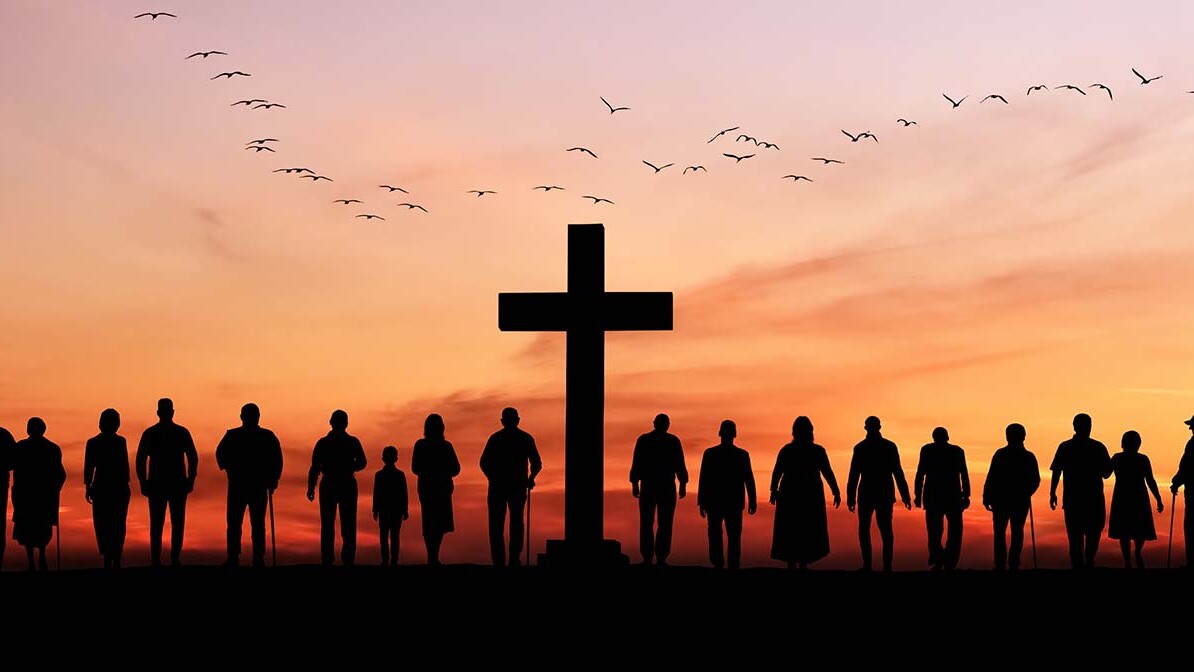Related Articles
Seeking God’s Presence Every Day
When you slow down to meet with Him, Seeking God’s Presence Every Day reminds you of the joy and…
When God Calls You to the Mountain
Just as God met Israel at Sinai, When God Calls You to the Mountain reminds us to step away from…
Trusting God’s Appointed Time for Your Breakthrough
God’s Appointed Time reminds us that He has a perfect plan and schedule—He moves at just the right…
The God Who Delivers: Remembering a Miraculous Victory
Miraculous Victory reminds us that the same God who delivered Esther and her people does the same…
Next Steps To Strengthen Your Walk
Inspiration Today Newsletter
Supercharge your faith and ignite your spirit. Find hope in God’s word. Receive your Inspiration Today newsletter now!
Christian Articles
Find articles to strengthen your walk and grow your faith. We have a wide range of topics and authors for you.
Submit A Prayer Request
We are here for you. Simply click on the button below to reach us by form, email or phone. Together we will lift our hearts and voices with you in prayer.






